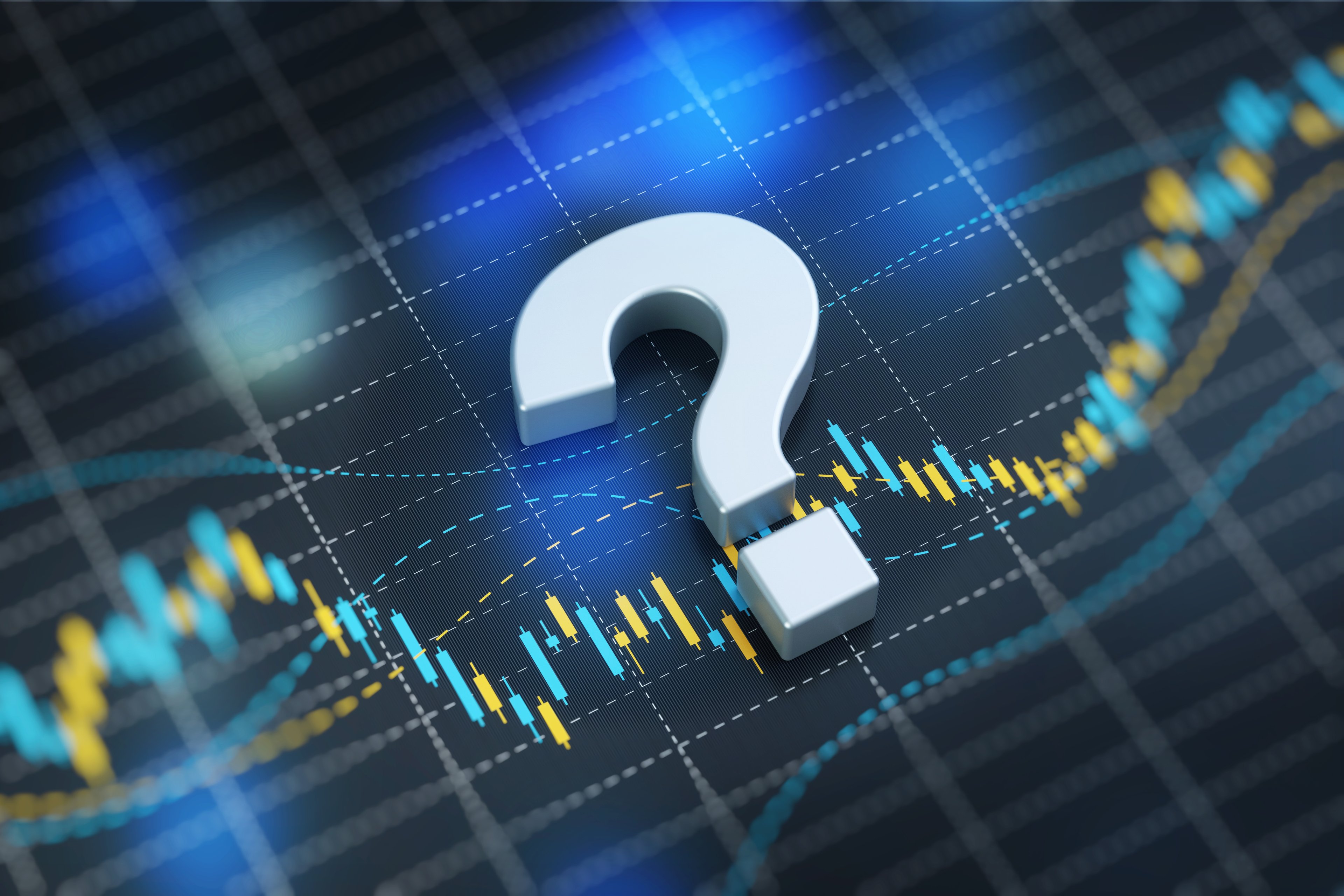A recent report by Juniper Research has added more fuel to the wearable technology fire, noting that the next few years could bring lots of growth to the new industry. Google (GOOG +1.88%) has essentially already entered the market with Glass, as has Samsung with the Galaxy Gear, and many expect Apple (AAPL +0.13%) to enter the space next year. With big players already entering the market, the question isn't whether tech companies will pursue wearables, but rather which ones are in the best position to benefit.
The next four years could be huge
The report from Juniper says that by 2018 the smart wearable device industry will have retail revenues of $19 billion -- compared to just $1.4 billion this year. That massive growth is expected to come from the high price points of wearable devices and strong demand from users.
As far as pricing goes, Samsung is selling its Galaxy Gear smart watch starting at $299. Back in August, an analyst at CIMB Securities said that he expects Apple to launch its rumored iWatch in the second half of 2014, and ship as many as 63.4 million in the first year at the price of $199. Google is currently selling its Glass device mainly to developers for $1,500, but that price will likely be significantly lower when it hits the mass market. An analyst at IHS recently told The New York Times that the price will be around the same as a tablet or smartphone.
Right now, Samsung's Galaxy Gear is the one of the only real measuring sticks we have for what a smart wearable device should be priced at. If Apple releases a smart watch next year, investors and consumers will have a better idea of how the pricing structure will be set up. But for now, Samsung has set the pace.
Betting on the biggest payoff
Though Google and Samsung may be the first movers in wearable, the more important question for investors is who is going to make the biggest gains in this new industry.
Google Glass has received a lot of attention, but I have my doubts the device will be received warmly by the consumer market. Aside from breaking many social norms -- for example, the feeling that you're being constantly recorded by Glass -- glasses are much more intrusive into everyday life than a wristwatch, and some people simply don't like wearing glasses. Because of these social and practical hurdles, I think Apple has an advantage in the space. Samsung can't be counted out, but reviews of the product have been less than stellar.
Over the past three months, Apple has hired two fashion CEOs: The first was Paul Deneve from Yves-Saint Laurent, and just this week Angela Ahrendts from Burberry. Deneve became a vice president in charge of "special projects" at Apple while Ahrendts will take over the company's retail and online stores. Hiring the two doesn't necessarily prove Apple is working on a smart watch, but if Apple were making a watch it would make sense to hire people familiar with fashion retail. Apple isn't quick to jump into new device segments, but when it does, it seeks to dominate them. Hiring Deneve and Ahrendts could easily be a part of that domination strategy. If the company brings a smart watch to market, it's likely to follow the same path other Apple devices take and be marketed to everyone, not just a niche group. This would entail making a device that feels like a fashion accessory and not just a computer on a wrist. Apple's latest hires may prove to be just more speculation for a possible iWatch, but I think it's more likely they hint at a whole new industry -- and a new mobile future for Apple.








